Robin Good: A few days ago Facebook has launched a new "curated" web magazine, called Facebook Stories, dedicated to showcase "people using Facebook in extraordinary ways".
Anyone can submit their story for review, and the most interesting ones are showcased on this page under a monthly theme.
Facebook Stories, does not have anythng to do with an earlier project, terminated in 2011, which carried a similar name. On th other hand it is very similar to the Twitter Stories and Tumblr Storyboard curated initiatives.
From IBTimes: "In addition to video content, the Facebook Stories introduces several other features such as archival stories from the New Yorker magazine (content normally only accessible through a paywall), a Goodreads curated book list known as "The Bookshelf" and a Spotify-fueled and artist-curated tracklist known as "The Playlist."
The company will also produce a podcast and infographic corresponding to the theme."
Check it out: http://www.facebookstories.com/
Via
Robin Good,
Maria Margarida Correia



 Your new post is loading...
Your new post is loading...

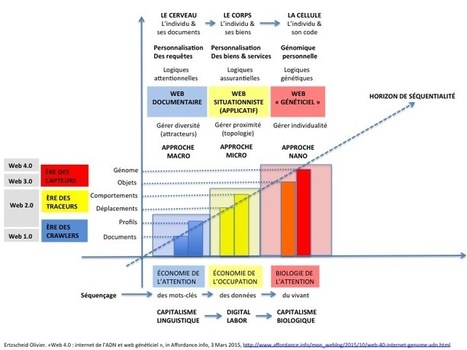




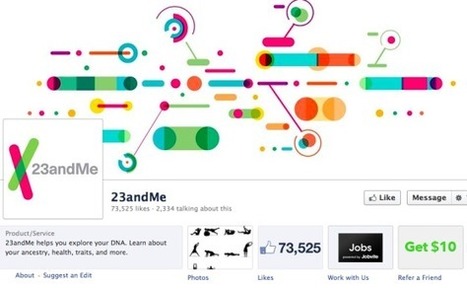


![13 Million Facebook Users Haven't Touched Their Privacy Settings [Infographic] | Didactics and Technology in Education | Scoop.it](https://img.scoop.it/-yhuguPSZMrbYpn4lkcsNTl72eJkfbmt4t8yenImKBVvK0kTmF0xjctABnaLJIm9)








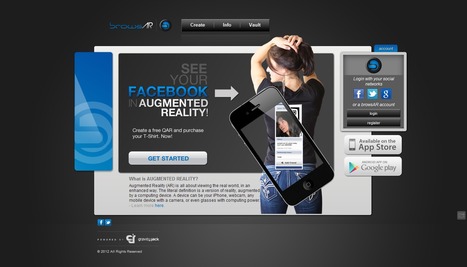


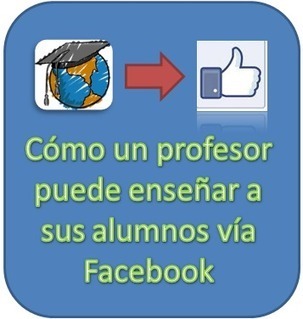






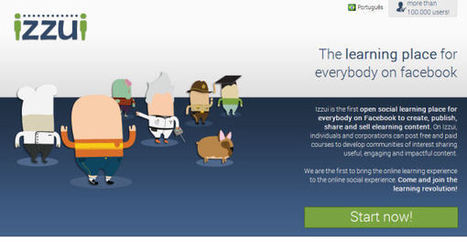


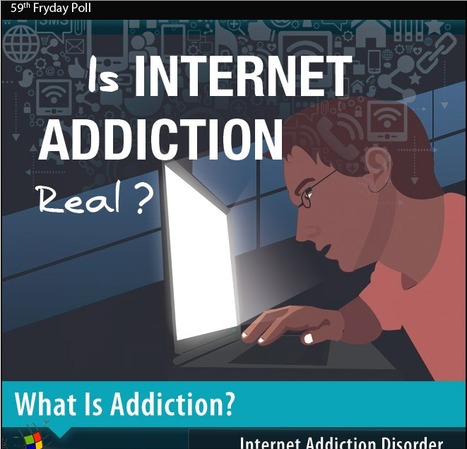



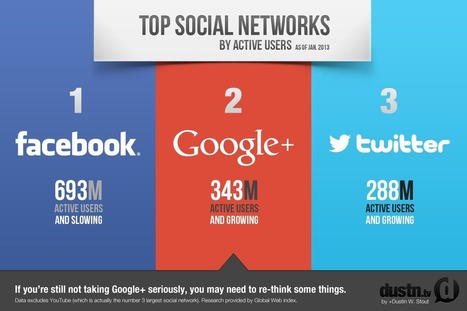


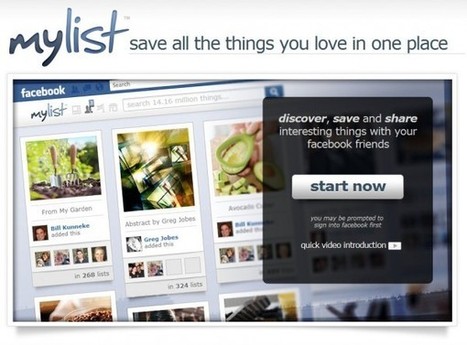

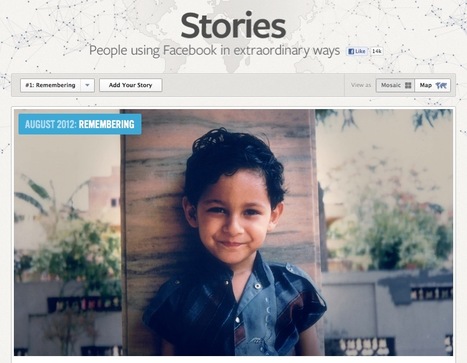





Du Web 1.0 au Web généticiel, une mise en perspective vertigineuse de l'évolution d'internet.